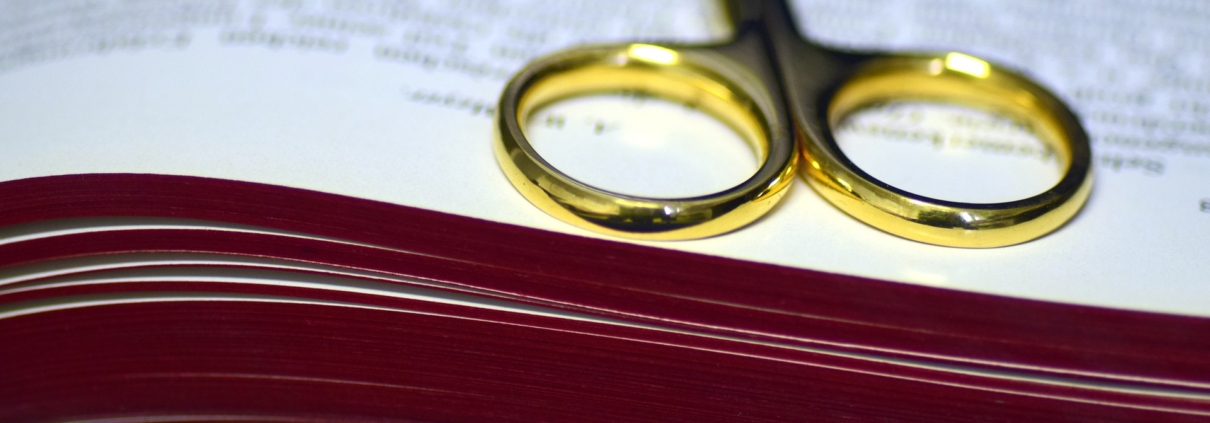The Best Metals and Materials for Surgical Instruments
Today’s high quality surgical instruments employ a wide range of metals and materials to ensure the very highest levels of performance.
In fact, there are now so many materials in use to provide you with state-of-the-art instrumentation that it can be confusing as to which ones to opt for.
Here’s a quick look at how some of these can benefit you:
1. Surgical grade stainless steel
Stainless steel has been the metal of choice for surgical instruments for decades, not only due to its strength and corrosion-resistance, but also because it is easy to clean, making it ideal for environments where hygiene is a priority.
All stainless steel is an alloy of Iron with Carbon, Silicon, Manganese and Chromium. The Chromium produces a thin layer of oxide on the surface of the steel, which provides corrosion-resistance on the surface.
Surgical grade stainless steel has a content of at least 13% Chromium. It can also contain other chemical elements, such as Nickel and Molybdenum, which give each instrument its unique properties.
For example, Molybdenum can be added to enhance corrosion resistance, whilst Nickel is often added to reduce brittleness.
In some instances however, stainless steel surgical instruments will be made without Nickel, as it can trigger a patient’s immune system or cause an allergic reaction.
2. Ceramic
Some manufacturers of surgical instruments also offer stainless steel ranges that are ceramic-coated to provide a longer working life.
This is because ceramic coating provides four to five times higher surface hardness than stainless steel, as well as offering greater resistance to rust and corrosion.
It also gives higher sliding capability than stainless steel, minimising abrasion. In addition, a dark colour ceramic coating can minimise reflections on the surface of the instrument, which can be important in certain procedures.
3. Tungsten carbide
Surgical instruments made of Tungsten Carbide are stronger than stainless steel and can last up to five times longer.
Not only do Tungsten Carbide blades stay sharper for longer, any surgical instrument which has Tungsten Carbide in the tip, such as forceps, will be able to deliver a stronger grip.
4. Titanium
Titanium surgical instruments are the ideal choice for surgeons using magnetic resonance imaging or MRI, as they a 100% anti-magnetic.
As Titanium is also very light, it is perfect for surgeons looking to do precise, complex work without fatigue.
In addition, Titanium is fracture-proof, non-rusting and completely resistant to organic and industrial chemicals, allowing for greater durability and longevity.
5. PEEK
Polyetheretherketone, or PEEK, was originally developed in the late 1970s by the US aerospace industry.
As it is radiolucent (transparent to x-rays), 3D-navigable and does not produce any image artefacts, it can have clear advantages when used for certain instruments, such as retractors and valves made for cervical access to the spinal column.
Being a lightweight material, PEEK can be used to create instruments that provide better handling, whilst its biocompatible properties reduces the risk of allergic reactions in high risk patients.
6. Nitinol
Instruments made of Nitinol are very useful when you need an instrument with shape memory, high elasticity, high biocompatibility and MRI compatibility.
This is because Nitinol is a metal alloy of Nickel and Titanium, which exhibits exceptional elasticity under stress.
Examples of Nitinol instruments with original shape memory include suction cannulas, vascular dilators, spatulas and clip applying forceps. These can be bent to the required shape by applying gentle pressure. They will then return to their original shape when exposed to higher temperatures, for example when autoclaving.
Instruments with super-elastic features, such as fat retractors, also adapt to the external pressure. However, as soon as this pressure is released, the instruments return to their original condition.
Not sure which surgical instruments are best for your needs?
For more information of which instruments could be right for your own needs, call our surgical instruments team on 0845 226 0185.



